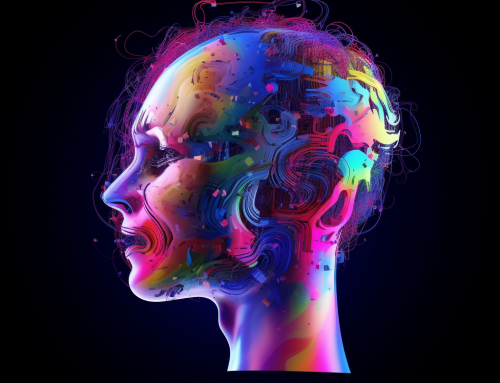
The Rise of AI-Enabled Cyber Threats
As the digital frontier expands, cybersecurity has become a critical concern with the emergence of AI-enabled cyber threats. Hackers, often sponsored by nation-states known for their cyber operations, are leveraging artificial intelligence to amplify their malicious activities. The use of large language models (LLMs) like ChatGPT by these cybercriminals represents a significant shift towards more intelligent and sophisticated cyberthreats.
Strategic Alliance: Microsoft Joins Forces with OpenAI
To counteract these emerging threats, a strategic alliance has been formed between Microsoft and OpenAI. Together, they are working to disrupt threat actors and mitigate the risks associated with AI-powered cyber operations. By sharing threat intelligence and coordinating their efforts, they aim to enhance the cybersecurity ecosystem and protect against the ever-evolving threat landscape.
Deploying AI to Secure Digital Environments
Microsoft is at the forefront of developing AI tools for cybersecurity, building AI-enabled threat detection systems like Security Copilot. These technologies are designed to detect and respond to a variety of cybersecurity challenges, including those posed by nation-state cyber threats and malicious threat actors using advanced persistent manipulators.
The Impact of Machine Learning on Cybersecurity
Machine learning and AI technologies have transformed the cybersecurity domain, offering advanced capabilities for threat detection and response. However, they also introduce new challenges as threat actors leverage AI service providers to augment malware development and spear phishing campaigns.
Cybersecurity Challenges in the Age of Intelligent Attacks
In this age of AI-enabled cyber threats, cybersecurity challenges have become increasingly complex. Organizations must adopt robust security measures, such as device health verification and Zero Trust frameworks, to protect against malicious actors and AI-powered fraud. Microsoft advocates for the implementation of Always On Multifactor Authentication (MFA) and emphasizes the importance of staying vigilant against detected threat actors and their unique AI-enabled attacks.
By understanding the cybersecurity challenges and deploying the right AI tools, organizations can better safeguard their digital environments from Iranian threat actors, North Korean threat actors, and other nation-state threat actors. It is essential to keep app and web development secure, stay updated with various web technologies, and maintain awareness of satellite communication protocols to evade detection by emerging threats.





